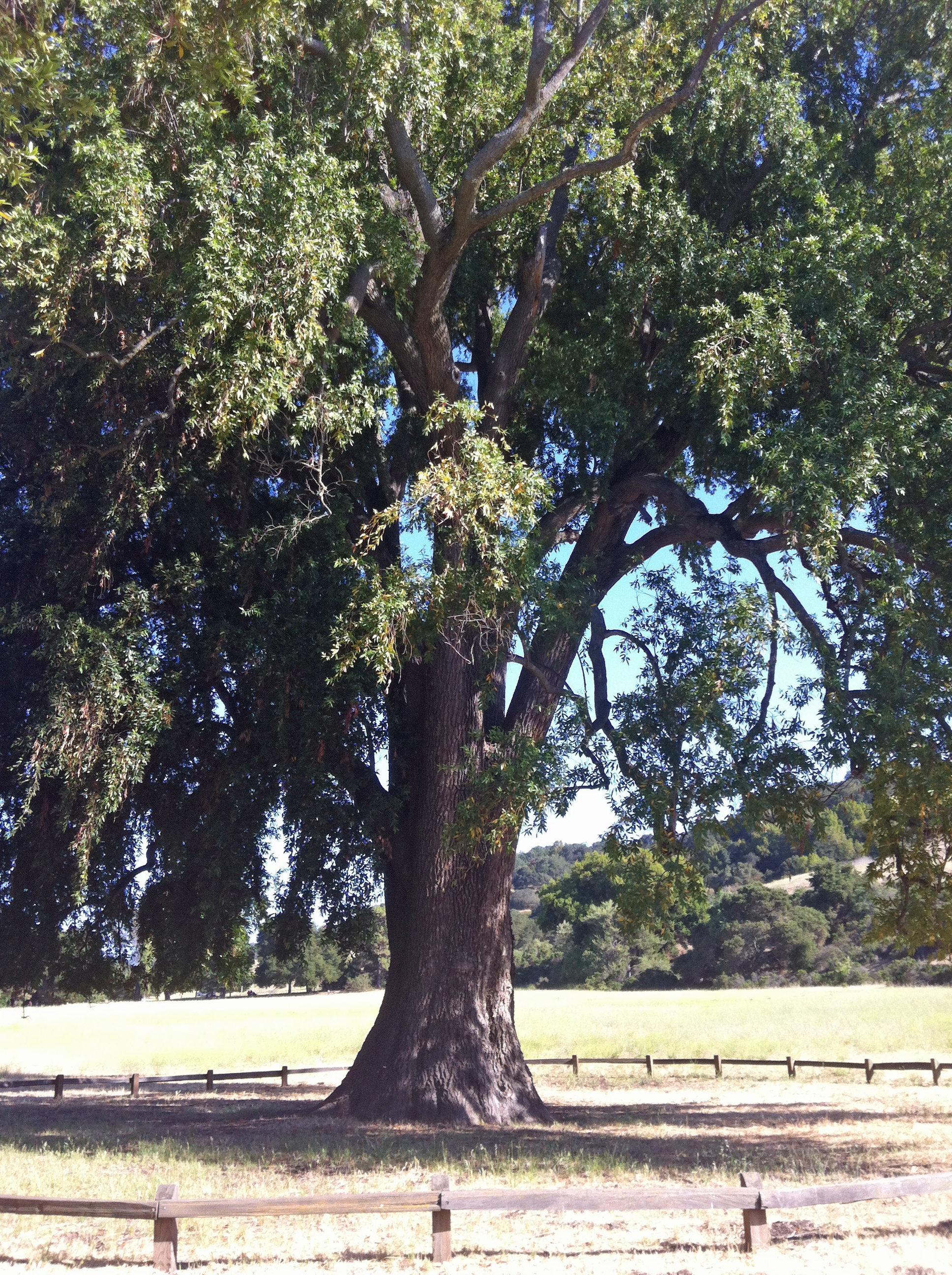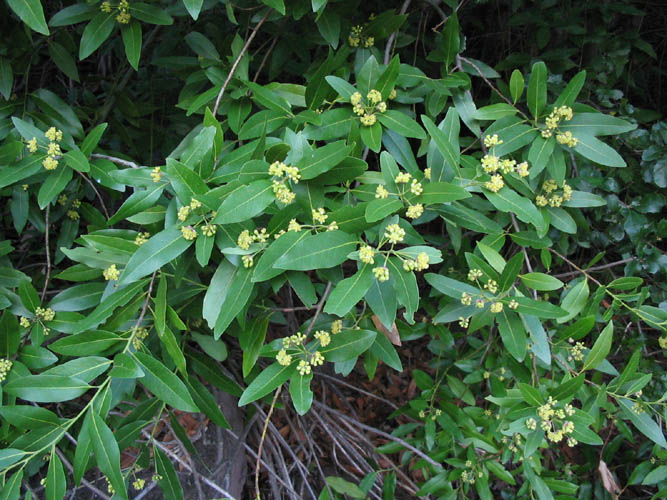Hi, M,
You might enjoy these photos from three years' ago when we visited Stanford together -
https://twitter.com/
Attended a talk yesterday about the poet John Milton's cottage which you can see here -
https://www.google.com/maps/
- by trustee John Dugsdale Bradley, - interesting.
Met Stanford English Professors Blair Hoxby
https://english.stanford.edu/
and Blakey Vermeule
https://english.stanford.edu/
who know Milton excellently.
But experiencing British culture again with his talk ... reminds me of how I'm an American and find British culture, which I've lived in two separate years, to be another world. (I went up to Harbin around 2005 after my second year in Edinburgh - with writing my ethnography in mind - perhaps even as partly a response to a kind of disaffection with British culture too, having not felt at home there - echoing my first year as I think about it in 76-77). How would Milton's home in the 1600s emerge in a realistic virtual earth with time slider for a digital history project - and for bringing alive English literature too? To be seen.
How are you? Looking somehow for loving culture ... and even to create or generate this too. What does this mean though? And what are examples? (Film music and literature, and even companies and
organizations may all do this somehow in some cases ... and people can do this too ... you, I would say generated love and care wonderfully, but also perhaps Quakers and UUs ... but what happens when they don't?).
And could cultures of loving and caring be created even in a realistic virtual earth with time slider? :) ... just some musings ... from beautiful Stanford. Lots of thinking in writing these years in my blog
... including today about an universal basic income as an expression of caring too. To the Desiderata ... http://mwkworks.com/desiderata.html.
L,
Scott
*
“Laurel and Myrtle and what higher grew
Of firm and fragrant leaf: on either side
Acanthus, and each odourous bushy shrub
Fenc’d up the verdant wall, each beauteous flower,
Iris all hues, Roses and Jessamine
Reard high their flourish’d heads between, and wrought
Mosaic.”
Of firm and fragrant leaf: on either side
Acanthus, and each odourous bushy shrub
Fenc’d up the verdant wall, each beauteous flower,
Iris all hues, Roses and Jessamine
Reard high their flourish’d heads between, and wrought
Mosaic.”
Paradise Lost, Book 4, Line 694
(http://www.miltonscottage.org/miltons-cottage-about/)http://www.miltonscottage.org/
*
Dear John Dugsdale Bradley,
Thank you for your edifying Stanford talk about the poet John Milton's cottage - http://events.stanford.edu/events/727/72747/. And it was very nice to meet you, and your wife as well. (I lived in Edinburgh in 1976-7 studying at Fettes College, and 2003-4 studying at the University of Edinburgh). I'm currently developing World University and School, which is like Wikipedia in 295 languages with CC MIT OpenCourseWare in 7 languages, and CC Yale OYC.
I asked the question about "place" and the text of "Paradise Lost"; in retrospect, given that his home seemed to be a bit of a paradise, I wonder if one could make a reading of Milton's book in this light, as a hypothesis. I am not a Milton scholar.
With an interest in a creating a realistic virtual earth as a classroom and STEM / digital history website (think Google Streetview / Maps / Earth with Time Slider, and group build-able like OpenSim and SL but realistic, and in all 7,099 living languages, including Middle English), I found John Milton's cottage which you can see here (as a beginning) -
https://www.google.com/maps/uv?hl=en&pb=!1s0x48766628ed603397%3A0xc5ad6425fd586d8d!2m22!2m2!1i80!2i80!3m1!2i20!16m16!1b1!2m2!1m1!1e1!2m2!1m1!1e3!2m2!1m1!1e5!2m2!1m1!1e4!2m2!1m1!1e6!3m1!7e115!4s%2Fmaps%2Fplace%2Fmilton%27s%2Bcottage%2F%4051.6305271%2C-0.5726937%2C3a%2C75y%2C197.43h%2C90t%2Fdata%3D*213m4*211e1*213m2*211soHPtduvyqd4ydWemFsHEWA*212e0*214m2*213m1*211s0x48766628ed603397%3A0xc5ad6425fd586d8d!5smilton%27s%20cottage%20-%20Google%20Search&imagekey=!1e10!2sAF1QipNaNqsEEp-yaAZSsD88Qyq_4K3Fbf6GzFI0-elV&sa=X&ved=0ahUKEwiX0dSO9YzXAhUKwFQKHXeADNkQpx8ImAEwEQ .
How would Milton's home in the 1600s emerge in a realistic virtual earth with time slider for a
digital history project - and for bringing alive English literature too (I ask myself)? To be seen. And as interactive avatar bots - including some of Milton and company themselves potentially begin to emerge (think documentary film and theater but interactively) - could we begin to understand the culture in which John Milton lived - in a realistic virtual earth with time slider in new ways? ... just some musings ...
I've recently written an actual virtual ethnographic book about creating a realistic virtual field site for anthropological comparison. Here's an example of my Harbin Hot Springs' field site in Google Streetview - https://twitter.com/HarbinBook (top left link) - before it develops (which is what my recent actual / virtual ethnographic book is about - http://bit.ly/HarbinBook).
It would be great to explore with time bringing Milton's Cottage into a realistic virtual earth, and potentially for all kinds of development questions.
It was great too to meet Stanford English Professors Blair Hoxby - https://english.stanford.edu/people/blair-hoxby - and learn of Blakey Vermeule - https://english.stanford.edu/people/blakey-vermeule - who know Milton excellently. (The book by former Stanford President Richard Lyman which I mentioned is Stanford in Turmoil: Campus Unrest, 1966-1972, published in 2009, overlapping with the time you studied at Stanford).
Thank you again for talking at Stanford.
All the best,
Scott
--
- Scott MacLeod - Founder & President
- World University and School
- http://worlduniversityandschool.org
- https://wiki.worlduniversityandschool.org/wiki/Nation_States
- 415 480 4577
- http://scottmacleod.com
- CC World University and School - like CC Wikipedia with best STEM-centric CC OpenCourseWare - incorporated as a nonprofit university and school in California, and is a U.S. 501 (c) (3) tax-exempt educational organization.
IMPORTANT NOTICE: This transmission and any attachments are intended only for the use of the individual or entity to which they are addressed and may contain information that is privileged, confidential, or exempt from disclosure under applicable federal or state laws. If the reader of this transmission is not the intended recipient, you are hereby notified that any use, dissemination, distribution, or copying of this communication is strictly prohibited. If you have received this transmission in error, please notify me immediately by email or telephone.
*
Dear Blakey,
https://english.stanford.edu/people/blakey-vermeule
I found your thoughts and comments in John Dugsdale Bradley's talk on John Milton fascinating. Thank you. With an interesting in modeling human and other species' brains in a realistic virtual earth (think Google Streetview / Maps / Earth with Time Slider, and group build-able like OpenSim and SL but realistic, and in all 7,099 living languages, including Middle English), and especially in terms of consciousness - and seeing your current book project on mind science and the unconscious - it would be fascinating to talk with you about how to begin to code for the unconscious. (Conceptually thinking about this would engender a new conversation between how mind science understands the unconscious, and how we might begin to code for it, brainstorming-wise). I blogged recently a bit the question of beginning to code for consciousness here - https://scott-macleod.
(I asked the question about place and the text of "Paradise Lost"; in retrospect, given that his home seemed to be a bit of a paradise, I wonder if one could make a reading of Milton's book in this light, as a hypothesis. I am not a Milton scholar).
Thank you.
Best regards, Scott
*
Cognitive Systems Institute Group (CSIG) Speaker Series Oct 26, 2016 at 10:30am Eastern Time (4:30 pm in Spain) USA - Xavier Busquets Carretero Presenting .... http://cognitive-science.info/community/weekly-update/
Fascinating, Javier. Would a list of metaphors in Wikipedia's 358 languages, coded as "metaphors" in Wikidata, be of help as an initial dataset in these regards? These could then be coded for soccer, for example. (I arrived a bit late, and look forward to watching your talk in full). (Seeking here to facilitate too an universal translator for all 7,099 living languages, and to explore creating brains in AI and at the cellular and atomic levels, even re questions of consciousness and the unconscious, in all 7,099 living languages at World University and School; conceptually think Google Brain/Streetview/Maps/Earth with time slider and which are group build-able by STEM) researchers). Thank you.
Best regards, Scott
*
And in what way could psychiatrists and psychoanalysts at WUaS in all 200 countries' main languages generate more brain-centric data about unconscious subjective experience?
...







No comments:
Post a Comment